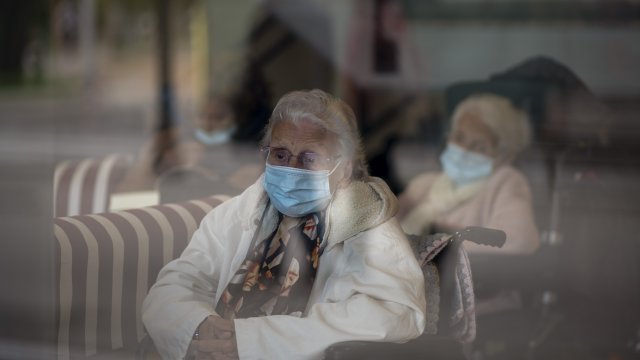We’re not in the stage where everyone is hunkered down at home, but we’re not back to that pre-COVID normal either. And for some, this in-between phase can be stressful. How to cope, is nuanced.
"If someone is stuck at home for more months of this isolation, some people love it. Other people are really tired of it," said Dr. Eric French, medical director of adult psychiatry, Medical Center of Aurora in Colorado.
"We have been isolated from the people that we care about. We have extra responsibilities for those of us who are parenting or who have aging parents," said Dr. Flavia Desouza, a board-certified psychiatrist and assistant professor at Howard University.
Finding ways to take breaks and take care of yourself is so essential for those who feel like they're stuck at home for a little while longer. And for everyone, experts say don’t hang back on getting support for you or others you care about.
"Sometimes it's not until we're past that moment out of it, looking back that we say, wow, That is what I was going through. And so it's good to have an outside perspective based on observable science," Desouza said.
"If you have a loved one in a nursing home, when it comes to mental health, talk with their caretakers about what mental health goals are being addressed and how success for those goals is being measured. Allow them space to share however much they're comfortable, because simply externalizing our emotions and being able to talk to someone about it can be so therapeutic in and of itself," said Sana Powel, a licensed clinical psychologist.


